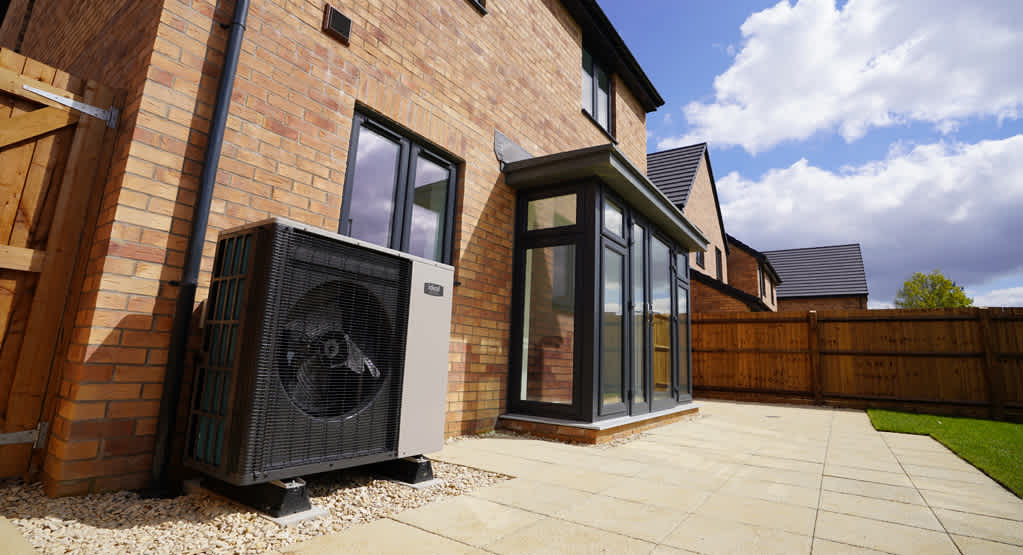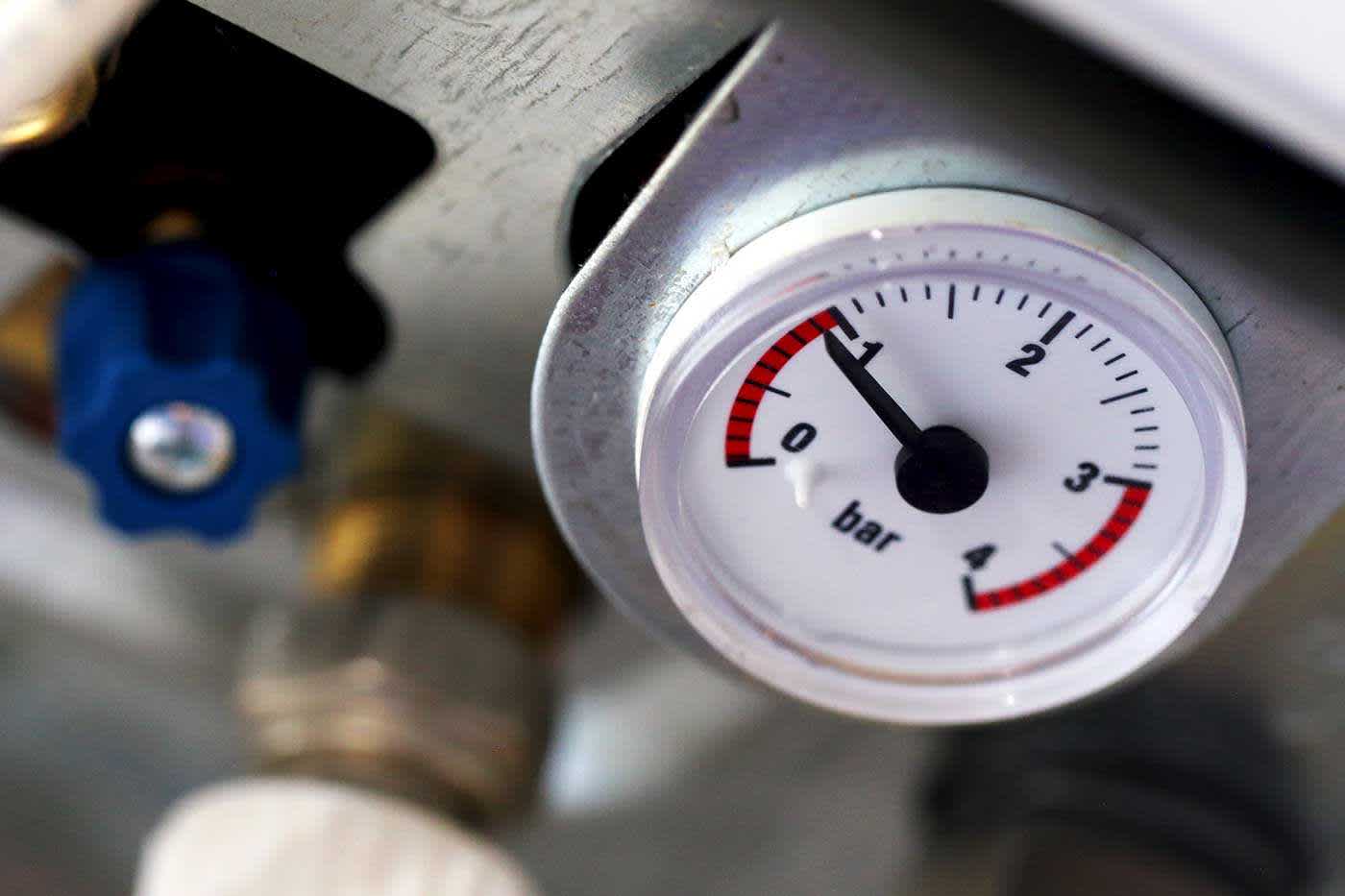
Does a new boiler help you save money on energy bills?
Did you know your boiler accounts for over half of what you spend on energy bills every year? With the price cap increasing again in October 2025, many of us are trying to lock in fixed tariffs and reduce the price of bills, all while keeping our central heating running effectively.
We know it’s a tricky time, so we’re doing what we can to help you through the squeeze, starting with investing in a new energy efficient boiler.
Can a new boiler save you money?
It’s an ironic statement, we know. But using a 15-year old boiler to keep your home and water warm is more likely to cost in the long-term. Take a look at our article to find out how long a boiler should last.
Modern boilers tend to be condensing boilers, which capture residual heat from the fuel they burn. This heat is then re-used to get your water and home up to the temperatures you’re after.
Condensing boilers use energy far more efficiently than older models:
The boiler captures heat that would otherwise escape up the flue.
It reuses this heat to warm the water returning to it from your pipes.
The condensing boiler doesn’t need to burn as much fuel to get to the required temperature, so it consumes less energy.
Less energy = less cost = lower energy bills.
Check out our article for information on which new boiler you should choose for efficient and cost-effective heating.
Understanding boiler efficiency
In the UK, we measure boiler efficiency using the Energy related Products Directive (ErP). For the last decade, all boiler manufacturers (like us at Ideal Heating) have been required to label our products with a rating on a scale from A+++ (the gold-star standard of efficiency) to G. If you fit an Ideal Halo Combi Wi-Fi thermostat to our Logic MAX Combi boiler, you’ll increase the ErP package label rating to an A+.
Upgrading your old boiler with an A-rated high efficiency condensing boiler can save you hundreds of pounds on your energy bill. But most newer boiler models have an A rating, so it can be tricky to know which will offer the most energy and cost savings.
SEBDUK ratings
ErP replaced SEBDUK (Seasonal Efficiency of a Domestic Boiler in the UK) performance ratings in 2015. If SEBDUK doesn’t ring a bell, the red, amber, or green efficiency rating attached to your boiler probably does!
SEBDUK is measured as a percentage, which represents the amount of energy the boiler uses vs the amount it wastes. The higher the percentage, the more efficient the boiler is.
For instance, a 75% efficiency boiler uses 75% of energy, but ‘wastes’ the remaining 25%. Wasted energy tends to be lost to flue gases, which you can learn more about in our blog: What's a boiler flue and how do they work? At the other end of the scale, a 95% efficiency boiler loses just a fraction of its energy, making it more energy ( and cost) efficient. It’s a win-win!
Even though we’ve switched to ErP ratings, you can still find SEBDUK scores on the majority of new boilers. So, you can get double the information about the efficiency of a boiler, helping you to make the most informed purchase. Use our handy find my boiler tool for extra information about the different models and efficiencies of boilers, too.
What’s the average energy bill in the UK?
It’s tricky to say what the average energy bill is because we all have different:
House types
Numbers of people in the household
Lifestyles and circumstances
However, for dual fuel customers (people who use both gas and electricity) on standard variable tariffs, the average bill is £1,720 per year, according to Uswitch. From 1st October 2025, this will rise by £25 to £1,755 in line with the new energy price cap.
Why are energy bills still so high?
Different factors have caused gas prices in the UK to rise in recent years. To produce electricity, gas is needed, so the cost of electricity has risen, too.
5 ways to lower your energy bill
So, what can you do to make energy bill savings?
1. Reduce the amount of energy you use
It sounds obvious, but the less gas and electricity you use, the less your energy bills will be at the end of the month. When buying new or upgrading your appliances, look for energy-efficient models. They’re designed to run as effectively as possible, which helps to limit the amount of energy they use - and the amount you pay for.
2. Get a smart meter
Did you know smart meters have 95.5% accuracy in reporting energy consumption for domestic properties? With a smart meter, you’re only ever charged for the energy you use. So if you’re actively making an effort to reduce your gas and electricity consumption, a smart meter should help you save some £££s on your bills.
3. Invest in a new energy-efficient boiler
As well as maximising energy use and minimising your bills, a new condensing boiler is built to last. With a longer lifespan than older models, an investment in a condensing boiler will save you money in the long-term as well as your current bills. Read our guide to new boiler costs for information on how much this investment will cost.
4. Get your boiler serviced regularly
Keep your boiler working efficiently by having it serviced by a Gas Safe registered engineer once a year. Benefit from:
Heating your home and water with a safe working boiler
Spotting and preventing minor issues before they become a major headache (and expense)
Maintaining the manufacturer’s warranty
Adhering to your home insurance policy (if this is a condition of your cover)
The sooner you pick up issues, the earlier you’re able to get the problem resolved and prevent having to buy costly new parts or upgrade your boiler completely. Use our articles to understand what happens during a boiler service and find out more about how often you need one.
5. Compare energy providers
When the new energy price cap comes into effect this October, should you keep your gas and electric bill on the rate or will you be better off on a fixed deal? We’d love to have a crystal ball and be able to tell you with certainty, but sadly, we don’t.
Whether you should stay or switch is different for everyone. Remember that the cap doesn’t ‘cap’ the amount of energy you pay - it limits the standing changes and gas and electricity unit rates.
If you were to fix your tariff now, you may be better off for the rest of this year. But if energy prices drop in 2026, you may end up paying more. There are lots of useful energy comparison tools freely available online to help you decide what’s best for you.
Time for an upgrade?
Take some of the pressure off your energy bills with a new, efficient boiler from Ideal. For more advice or support on making the right choice for your home, use our boiler finder tool or contact our team.

















